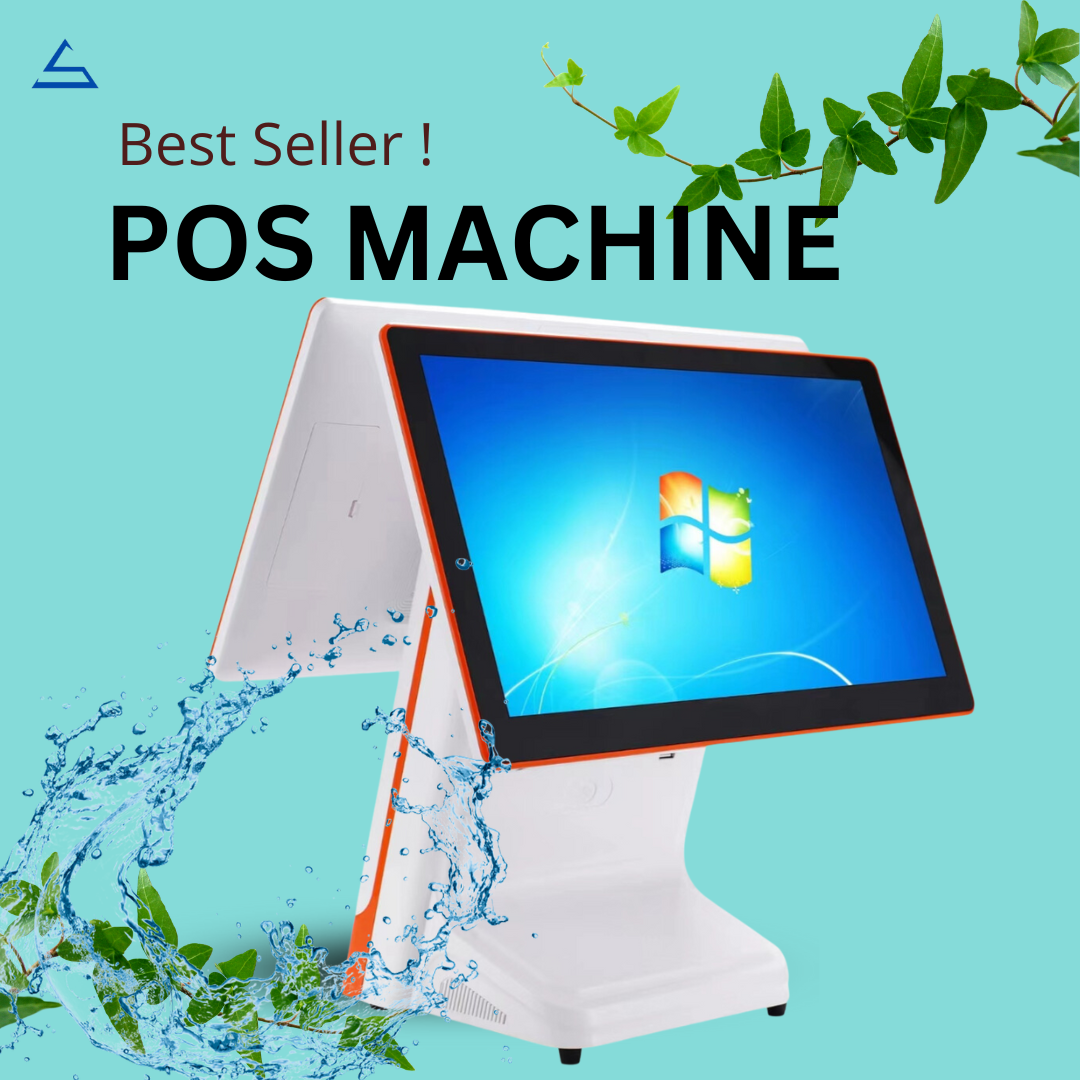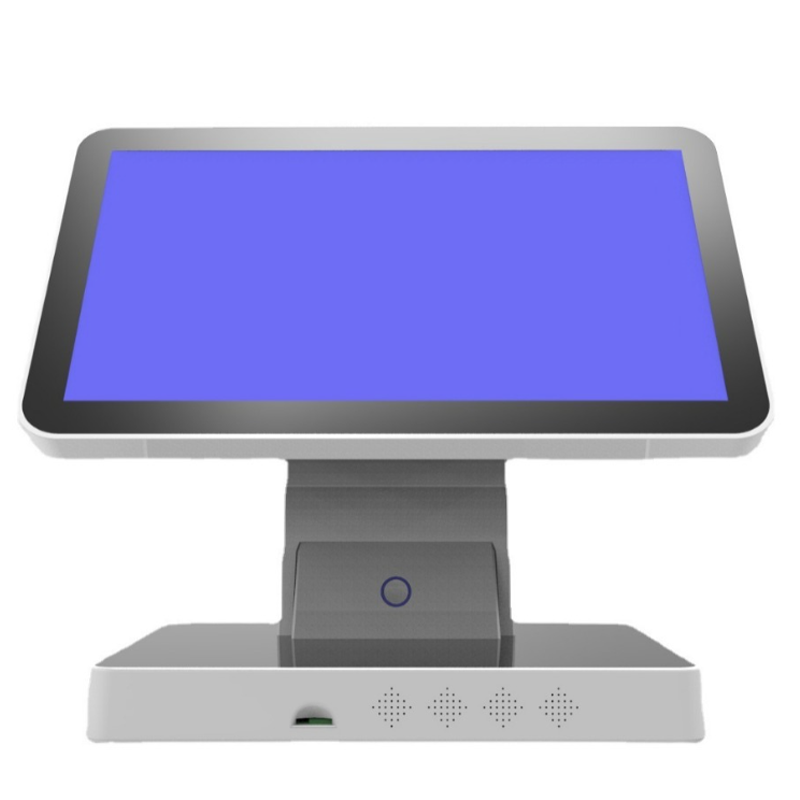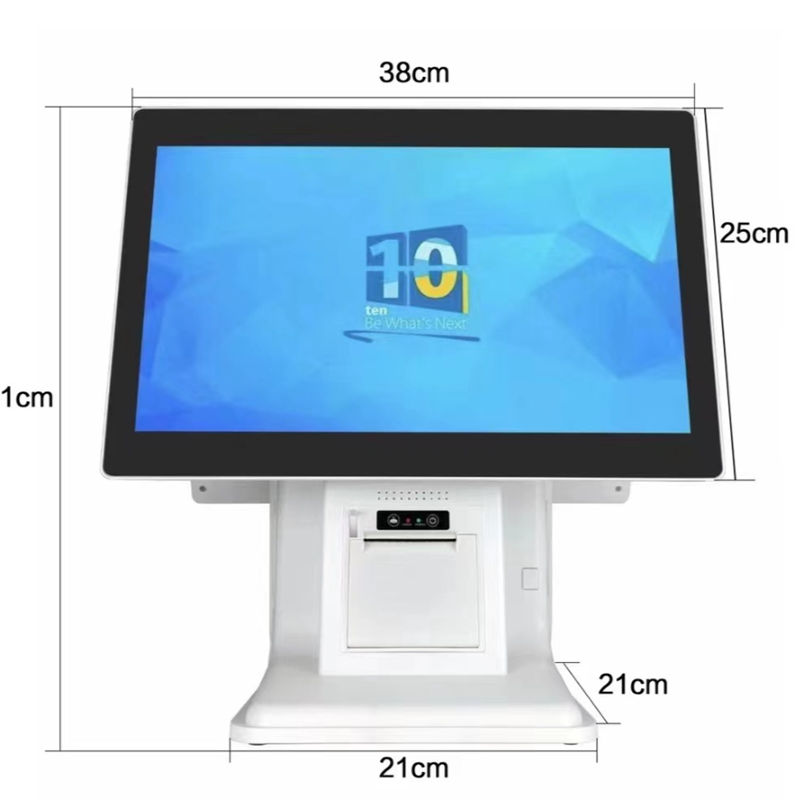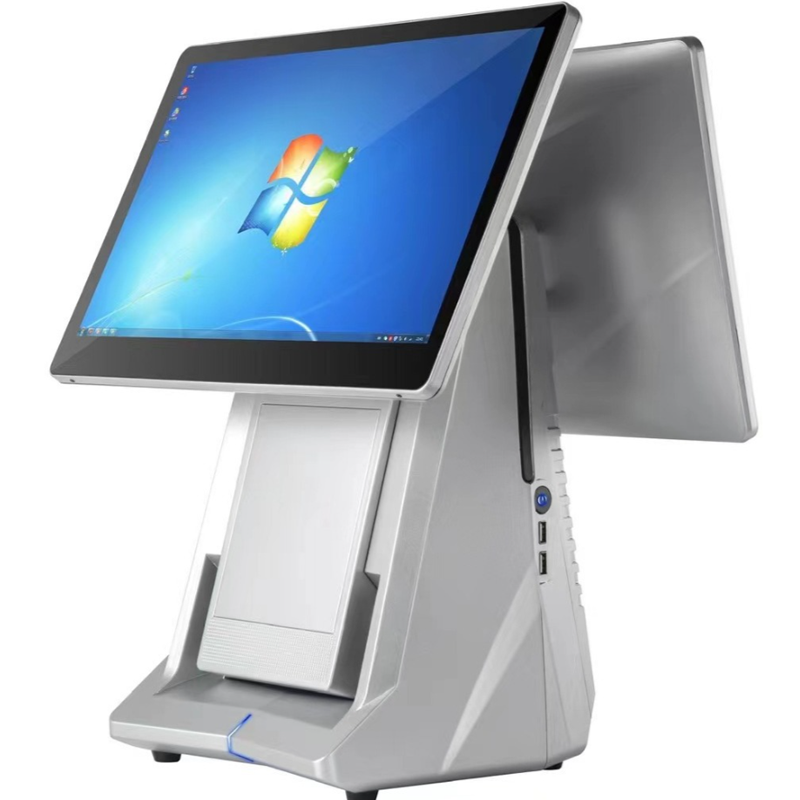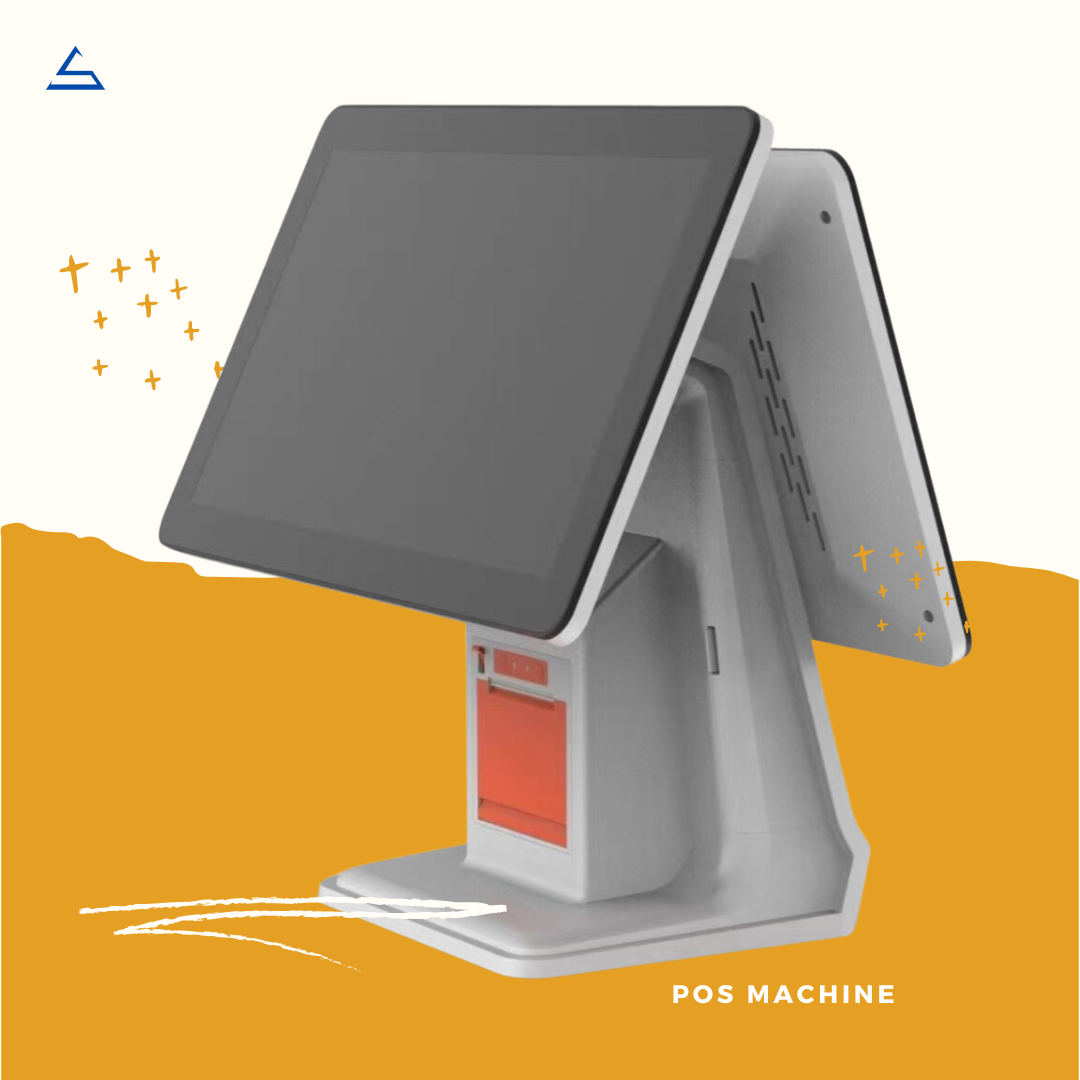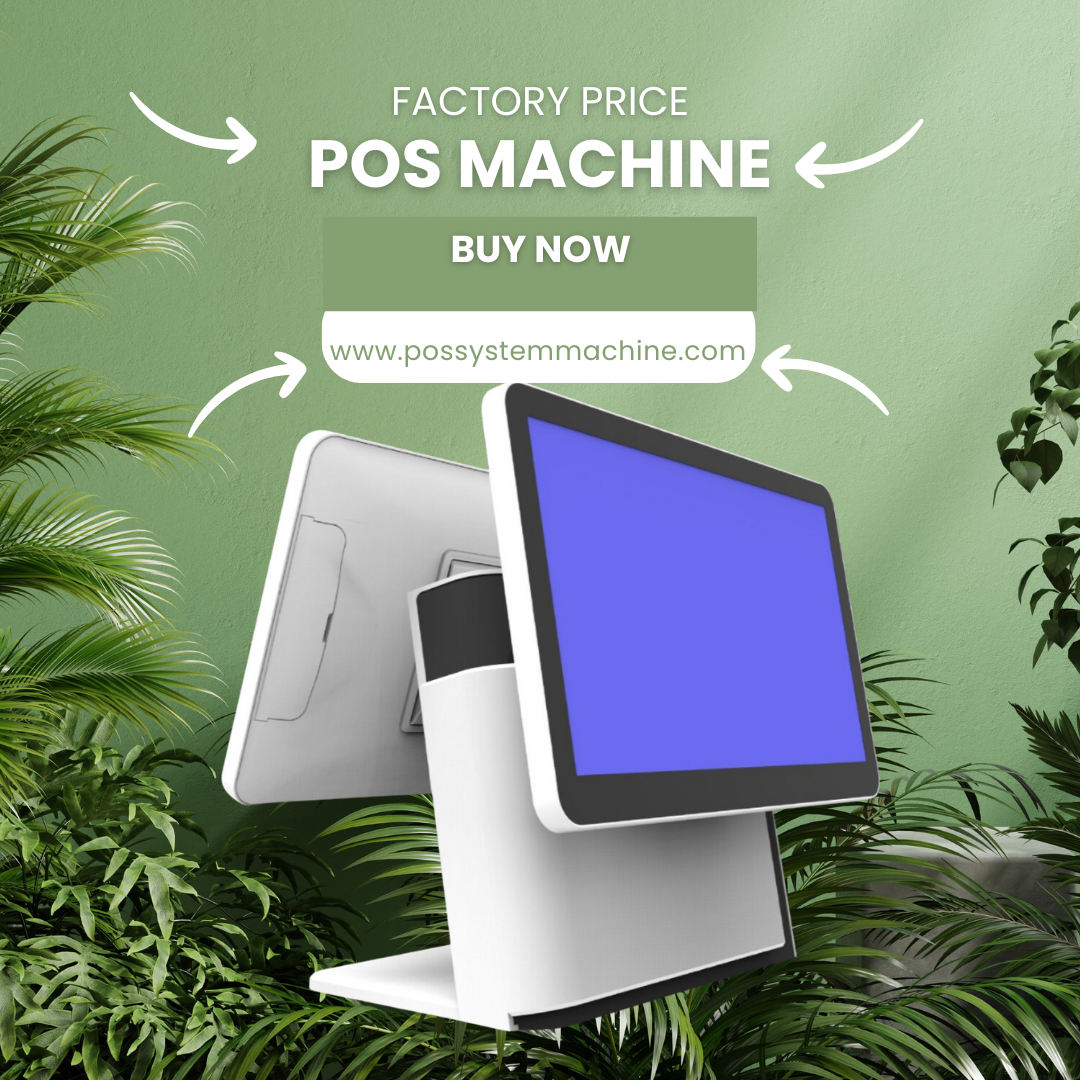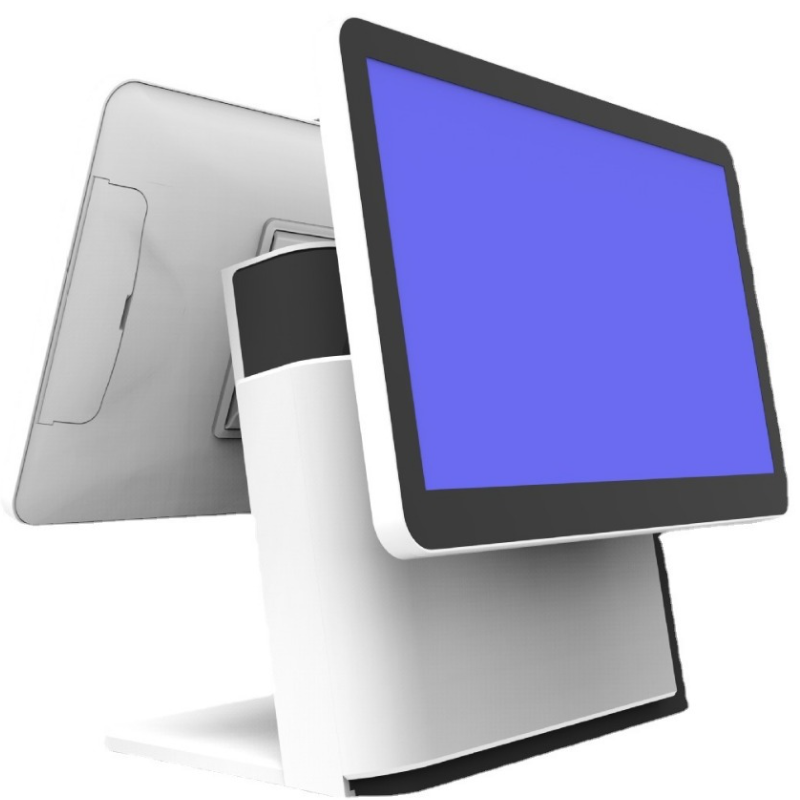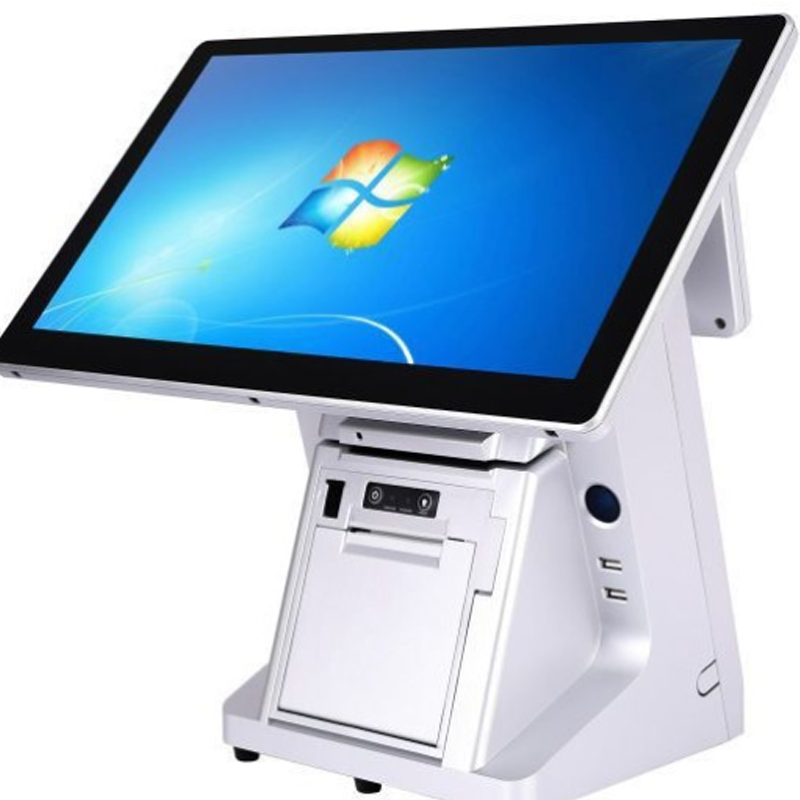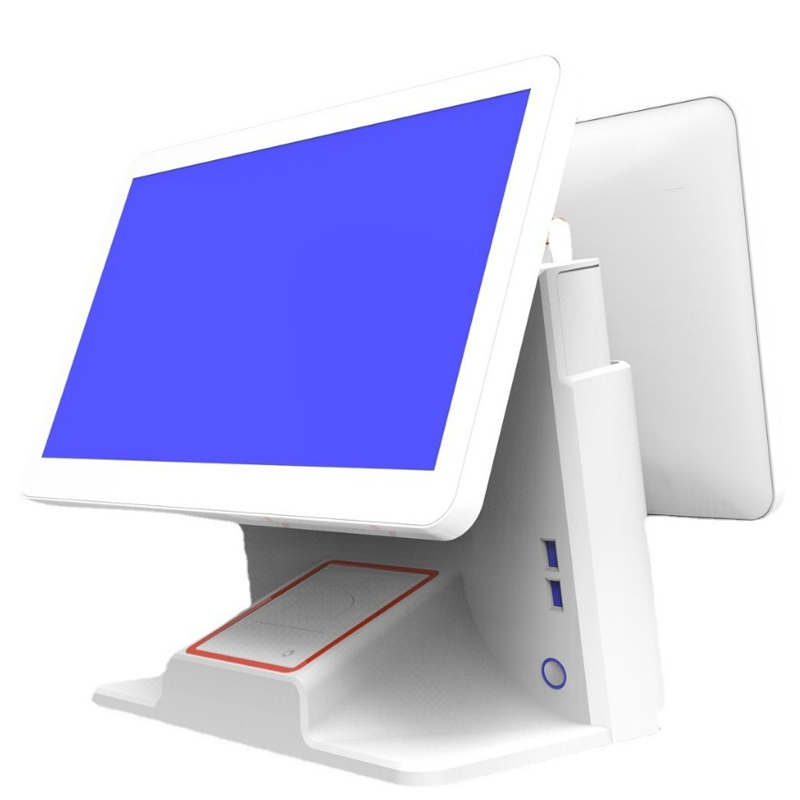POS System vs Cash Register: Key Differences, Pros and Cons
Table of Contents
Summary
As a seasoned practitioner in the POS industry, I’ve seen firsthand how retail businesses have evolved from using traditional cash registers to adopting more advanced Point-of-Sale (POS) systems. Each solution has its distinct advantages, but modern POS systems have undoubtedly revolutionized retail management by offering streamlined transaction processing, real-time inventory updates, and enhanced customer relationship management.
In this article, we will explore the differences between POS systems and cash registers, dissecting their features, advantages, drawbacks, and use cases, to help you determine which solution fits your business best.
What is a POS System?
A POS (Point of Sale) system is a versatile digital platform that not only processes sales transactions but also integrates a wide array of business tools to streamline retail operations. From managing inventory and sales to offering valuable data insights, POS systems are built to optimize and modernize retail processes.
How Do POS Systems Work?
Transaction Processing The core of any POS system is transaction processing. Whether it’s a sale, return, or exchange, POS systems calculate the total cost, including taxes, apply discounts, and automatically adjust inventory in real-time.
Inventory Management With every transaction, the inventory count is updated instantly. This real-time tracking helps prevent stockouts and ensures that high-demand products are always available. Efficient inventory management is key to maintaining optimal stock levels, reducing wastage, and enhancing profitability.
Customer Relationship Management (CRM) POS systems track customer purchase history, preferences, and contact details. This data enables businesses to run targeted marketing campaigns, offer personalized promotions, and build long-term customer loyalty.
Payment Processing POS systems support multiple payment methods, including credit/debit cards, digital wallets, and UPI. Secure payment gateways, such as Razorpay, ensure that transactions are processed quickly and securely, providing a seamless customer experience.
Reporting and Analytics One of the most valuable features of POS systems is the ability to generate detailed sales reports, customer behavior analytics, and staff performance metrics. These insights empower business owners to make informed, data-driven decisions for optimizing operations.
Case Studies: Real-World Applications of POS Systems
Decathlon Decathlon, a global sports retailer, implemented Razorpay POS across its stores, reducing checkout times and improving customer satisfaction with faster payment options.
Xiaomi Xiaomi leverages POS systems in its Mi Home stores to facilitate secure payments, offering a streamlined experience for customers purchasing smartphones and accessories.
BIBA BIBA, a leading ethnic wear brand, uses POS systems to simplify payment management, reduce checkout queues, and gain insights into in-store customer behavior.
FedEx At FedEx service centers, POS systems simplify the payment process for sending parcels, supporting a variety of payment options and improving overall customer satisfaction.
What is a Cash Register?
A cash register is a traditional device used for sales transactions, tracking daily sales, and storing cash securely. Though effective for basic operations, it lacks the advanced functionality of modern POS systems.
How Do Cash Registers Work?
Manual Input of Transactions Cashiers manually input item prices, often categorizing sales by department. While functional, this manual process increases the likelihood of human error.
Cash Handling and Change Calculation Cash registers calculate and store cash from transactions, with the ability to determine and provide the correct change.
Receipt Generation and Record Keeping After every transaction, the cash register prints a receipt, which serves as proof of purchase for the customer and a sales record for the business.
Security Features and Cash Drawer Management Most cash registers come with a lockable cash drawer, restricting access to authorized personnel and reducing the risk of theft.
Sales Reporting Basic reporting features allow cash registers to generate end-of-day sales reports. However, these reports are limited in scope compared to the advanced analytics available in POS systems.
A Comparative Analysis: POS Systems vs. Cash Registers
| Feature | POS System | Cash Register |
| Transaction Processing | Automated, multi-payment options | Manual input, limited payment options |
| Inventory Management | Real-time, automated tracking | None |
| Customer Management (CRM) | Integrated CRM, loyalty programs, targeted marketing | None |
| Reporting & Analytics | Detailed reports, data-driven insights | Basic sales reports |
| Payment Security | Secure payment gateways (PCI-compliant) | Basic cash management, limited security features |
| Cost | High upfront and maintenance costs | Low initial cost, minimal maintenance |
| Durability | Software-based, requires regular updates | Built to last with fewer technical issues |
Advantages of a POS System
Increased Efficiency POS systems automate transaction processing and inventory management, saving time and reducing errors.
Enhanced Customer Experience Seamless transactions, multiple payment options, and personalized offers contribute to a better customer shopping experience.
Data-Driven Insights Detailed reporting allows businesses to optimize pricing, product placement, and staffing, ultimately improving profitability.
Improved Security Modern POS systems are equipped with advanced security features to protect against fraud and ensure secure payment processing.
Scalability For businesses with multiple locations, POS systems provide centralized management for all stores, improving oversight and operational efficiency.
Advantages of a Cash Register
Low Upfront Cost Cash registers are more affordable than POS systems, making them ideal for small businesses with limited budgets.
Simple to Operate With minimal training required, cash registers are easy to use, making them a practical solution for businesses that don’t need complex functionality.
Durability Built to last, cash registers are often more reliable for businesses that don’t rely on frequent software updates or advanced features.
Choosing Between a POS System and Cash Register
Your choice between a POS system and a cash register depends largely on your business needs, size, and growth plans.
Key Considerations:
Business Size POS systems are better suited for larger, growing businesses that require advanced features. Cash registers are more practical for smaller, traditional stores.
Budget While cash registers are cost-effective upfront, POS systems provide long-term value through efficiency gains and improved customer service.
Feature Requirements If you need inventory tracking, sales analytics, or customer management features, a POS system is the better choice.
Frequently Asked Questions (FAQ)
What are the main differences between a POS system and a cash register?
A POS system offers advanced features like real-time inventory management and sales analytics, while a cash register focuses on basic transaction processing.Are POS systems more expensive than cash registers?
Yes, POS systems typically have higher upfront costs, but their advanced features often result in long-term savings and increased revenue.Can I upgrade my cash register to a POS system?
Yes, many businesses upgrade to POS systems as their operational needs grow, benefiting from enhanced functionality and improved efficiency.Are cash registers still relevant in modern retail?
While less common, cash registers remain a practical choice for small businesses with simple transaction needs.
Tags
Product
Blog
Contact Us
Related Products
Frequently asked questions about wood box manufacutring

